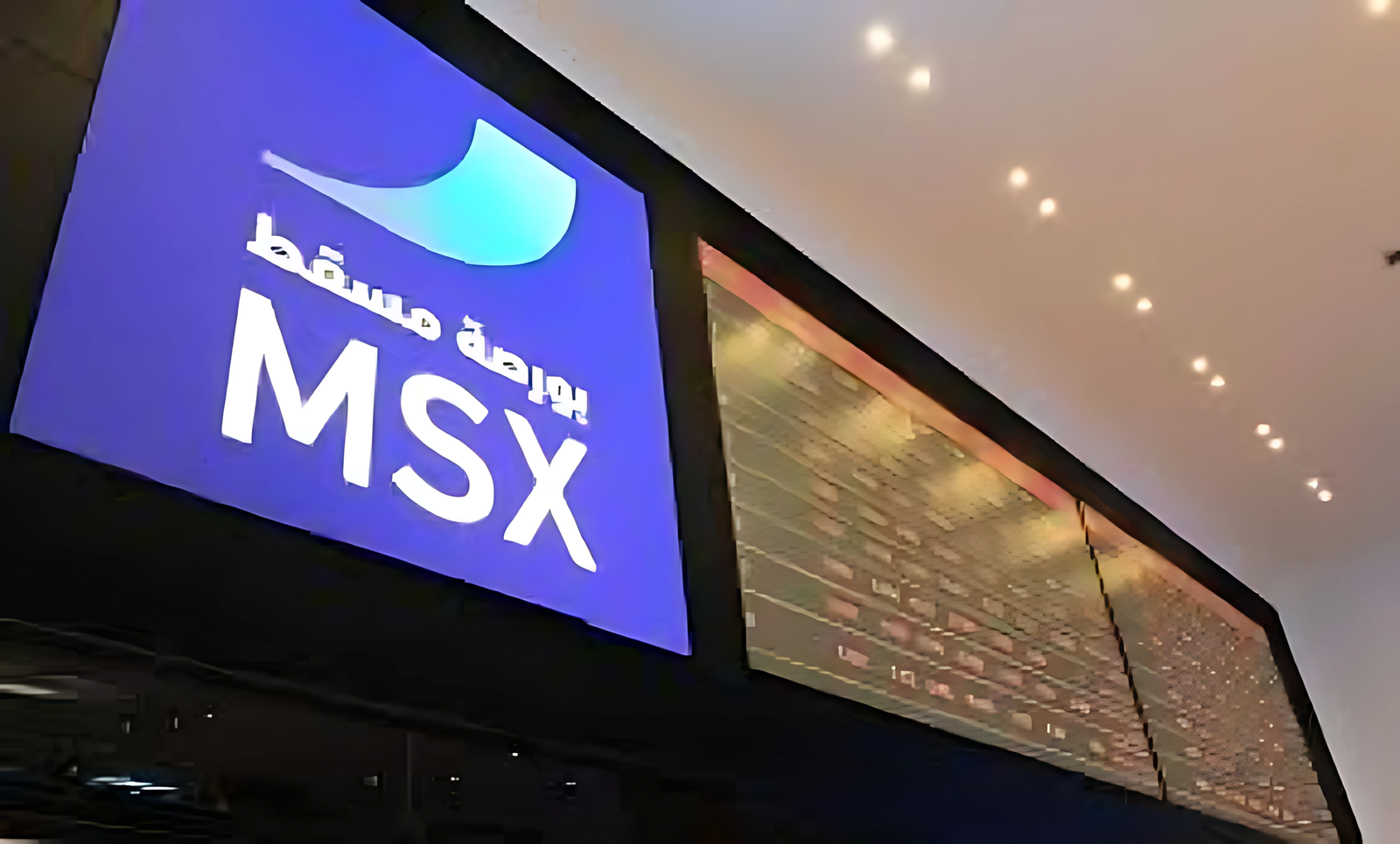MUSCAT: The Muscat Stock Exchange (MSX) 30 index witnessed a minor downturn on Wednesday, slipping by 7.6 points to settle at 4,809.44. This decline, equivalent to 0.16%, comes amid a period of mixed performance across regional exchanges and reflects a cautiously reactive trading sentiment. Analysts attributed the modest fall to ongoing global market unease, as investors remain sensitive to inflation figures, shifting oil prices, and monetary policy developments from major economies. Although the movement was marginal, it underlines the delicate balance investors are trying to maintain in the face of external economic indicators.
Several sectors listed on the MSX were impacted differently, with the financial sector showing relative stability while industrial and services stocks saw minor pullbacks. Market participants have remained particularly attuned to oil market fluctuations, given Oman’s economic link to hydrocarbon revenues. A slight dip in crude oil prices may have contributed to subdued investor enthusiasm. The performance on Wednesday signals a short-term recalibration as investors await clearer signals from both global markets and local economic data, including second-quarter earnings.
Despite the slight decline, overall trading volumes held steady, suggesting that the dip was not driven by panic selling but rather measured repositioning. Institutional investors appear to be taking a wait-and-see approach, favoring a more conservative stance ahead of policy announcements and corporate disclosures. Local traders, meanwhile, are reportedly eyeing developments in regional financial hubs, which often set the tone for broader market sentiment in the Gulf Cooperation Council (GCC) region. The MSX continues to reflect a blend of cautious optimism tempered by near-term volatility.
Looking forward, the market’s trajectory is expected to remain steady provided no major shocks occur in international markets. The exchange has been benefiting from the Omani government’s broader fiscal and economic reform agenda, which includes initiatives to boost transparency, enhance investment inflows, and support capital market development. These efforts, along with improved corporate governance and increased investor education, are seen as pillars for long-term stability. For now, the minor dip observed on Wednesday is viewed as part of natural market fluctuations rather than a cause for concern.



